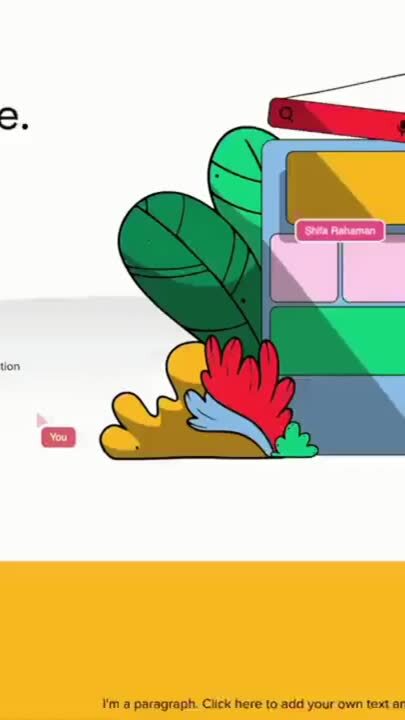With customer expectations higher than ever, your customer support team must be firing on all cylinders to keep customers engaged and prevent churn.
86% of buyers are willing to pay more for a great customer experience, so investing in your CX is bound to have a positive ROI.
We’ve previously gone into all the ways you can do just that, including:
- Making sure your website is user friendly
- Engaging with your customers through the channels they prefer
- Managing expectations and
- Delivering excellent customer support
In this post, we want to discuss another approach to improving CX: collaborative customer support.
What is collaborative customer support?
Collaborative customer support involves several customer support agents (or employees and SMEs across different departments) working together to solve complex customer issues.
In contrast to the tiered approach to customer support, where complicated customer support tickets are escalated from level 1 to level 2 to level 3 and onwards, collaborative customer support uses a tactic called ‘service swarming’ to solve support tickets without the need to escalate.
Service swarming: the collaborative model of customer support
Service swarming is an approach to customer support that prioritizes collaboration rather than escalation.
When a customer support agent gets assigned a complicated support ticket, rather than escalating it to second or third-line agents, a team of experts quickly comes together to collaborate with and help the customer support agent solve it without escalating the ticket.
Service swarming is a ‘flatter’ approach to customer service, in that it doesn’t involve hierarchies of agents with different skill levels. Experts from all over the company — whether from the technical team, the legal and compliance team, the operations team, or any other team besides — come together to solve tickets when there is a need for them to be involved.
During this process, these experts share knowledge and expertise, which also serves to help customer support agents become more proficient at handling complicated support requests.
The benefits of collaborative customer support
There are many benefits to implementing a more collaborative approach to your customer support.
These include:
- Reduced time-to-resolution
- Personalized customer support
- Knowledge-sharing
- Better employee engagement
- Lower employee burnout
- Higher CSAT
Reduced time-to-resolution
Implementing service swarming can help you reduce average time-to-resolution because ticket escalation can lead to delays if it’s implemented ineffectively.
Personalized customer support
According to a survey by Salesforce, 82% of customers expect their issue to be solved by the first support agent they connect with. With ticket escalation, that’s often not possible because more complicated tickets get handed off to second or third-tier teams. With collaborative customer support, however, the same agent solves the issue — no matter how complex it is.
Knowledge-sharing
Because service swarming involves several subject matter experts across the company coming together to help a support agent successfully resolve a ticket, they can share their wealth of knowledge with that agent to make them more proficient at solving complex problems.
Better employee engagement
CX should be everyone’s business — everyone at your company can benefit from understanding how your customers are interacting with and using your product. Bringing SMEs from all across a company together to solve customer issues can help increase employee engagement because they’re all contributing to making customer experiences better.
Lower employee burnout
Having a team of SMEs that agents can call on to help them solve issues can go a long way toward lessening the support burden on individual agents, increasing their productivity and job satisfaction, and preventing burnout.
Higher CSAT
As we’ve already noted, most customers expect that their problem is going to be solved by the first agent they talk to. Because service swarming guarantees that, it can go a long way toward increasing CSAT scores.
How technology can help your CX become more collaborative
In the video above, Lee Oldham, a product support manager at Autoprotect, talks about how Fullview’s session replays feature helps people across his organization stay on the same page about customer support issues.
Though Autoprotect uses the tiered approach to customer support, it isn’t hard to extrapolate this scenario to a service-swarming context instead. Service swarming depends on the customer support agents and the subject matter experts having the same information and understanding of a customer issue.
However, that can quickly turn into a game of telephone with the problem getting misconstrued the more people it is communicated to.
That’s where technology like session replays can help. By automatically recording all user sessions in your app, everyone involved in solving a support ticket can see exactly what the user experienced in-app without having to rely on anyone else accurately conveying the information.
And as Lee noted in the video, this ensures that the same information ‘flows’ through the entire process, so everyone is on the same page about customer issues.
If you’re interested in seeing how session replays software works, you can take our self-guided demo — no sign-up required.
Wrapping things up
In conclusion, collaborative customer support is a customer-centric approach that involves experts from various departments working together to solve complex customer issues without the need for ticket escalation. This approach has many benefits, including reduced time-to-resolution, personalized customer support, knowledge-sharing, better employee engagement, lower employee burnout, and higher customer satisfaction scores.
Technology, such as session replays, can also play a crucial role in facilitating collaboration by ensuring that all involved parties have access to the same information and understanding of the customer issue. Investing in collaborative customer support can lead to a positive ROI and help businesses keep up with rising customer expectations.


.png)

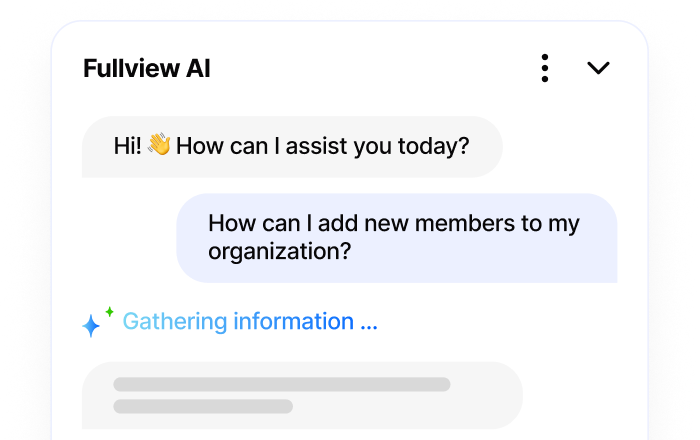
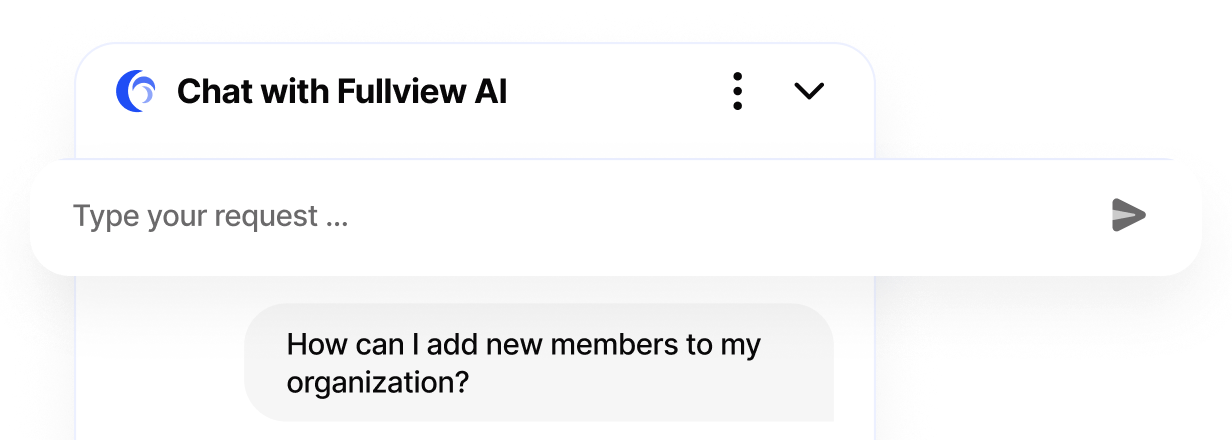
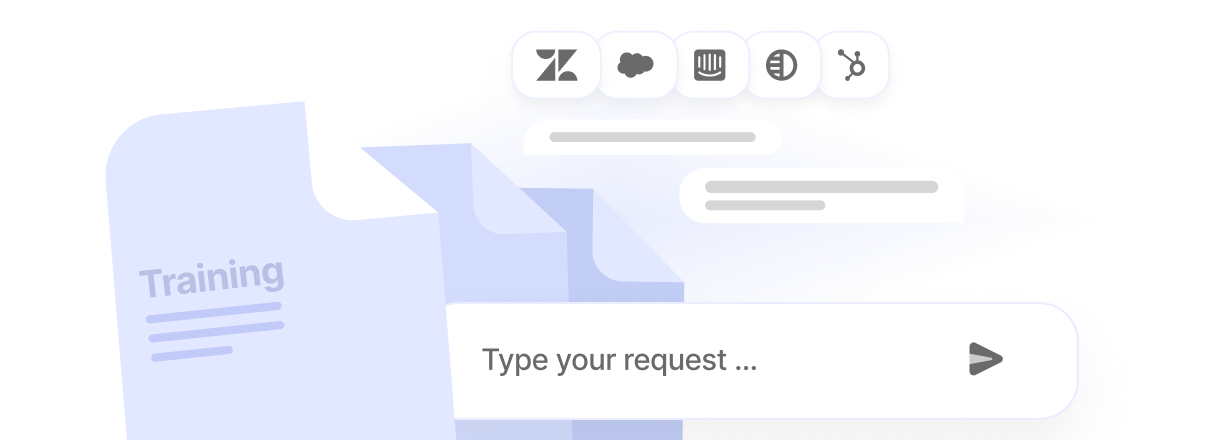
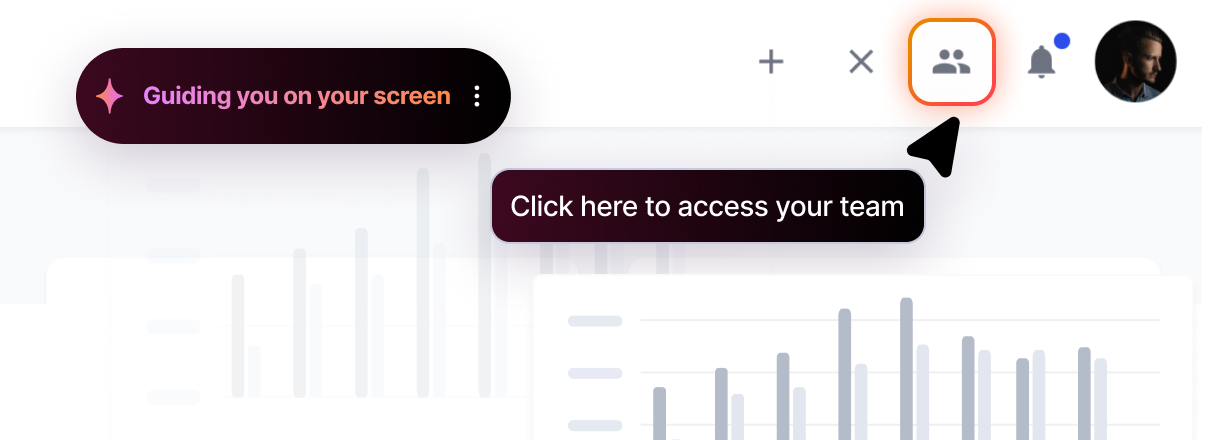
.webp)
